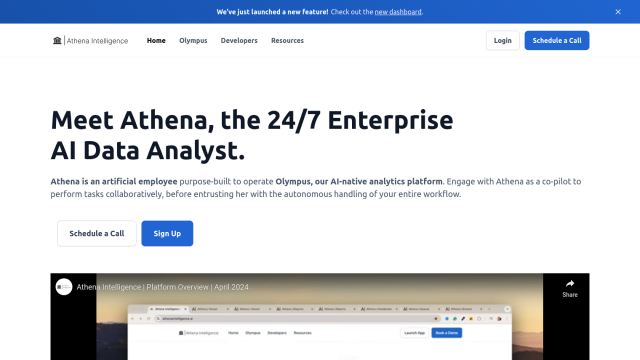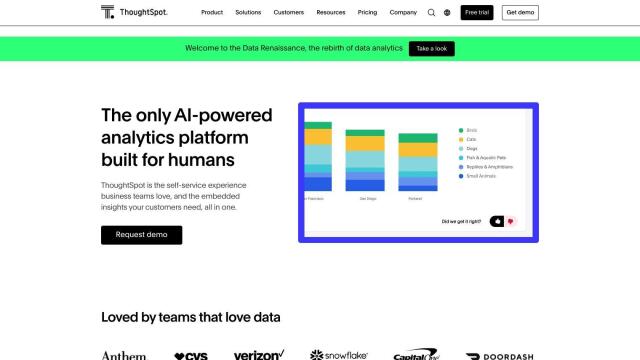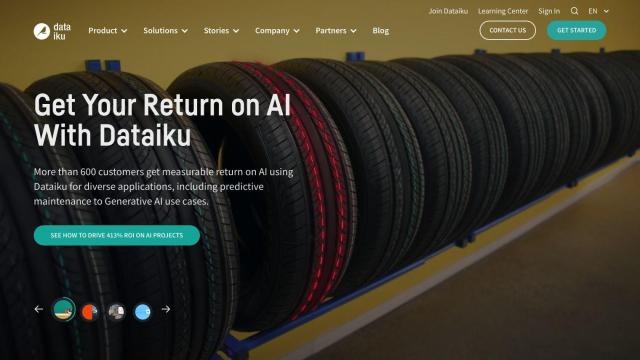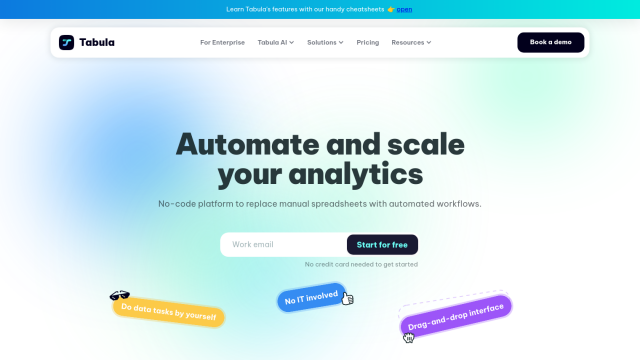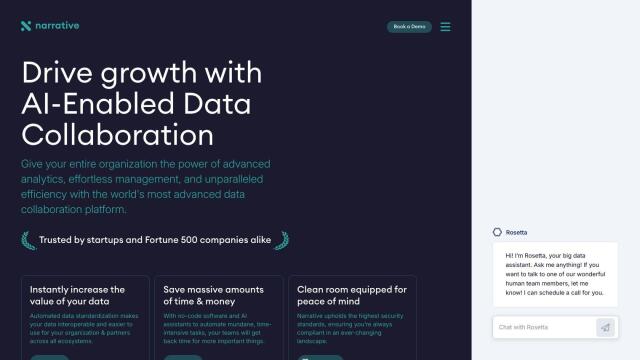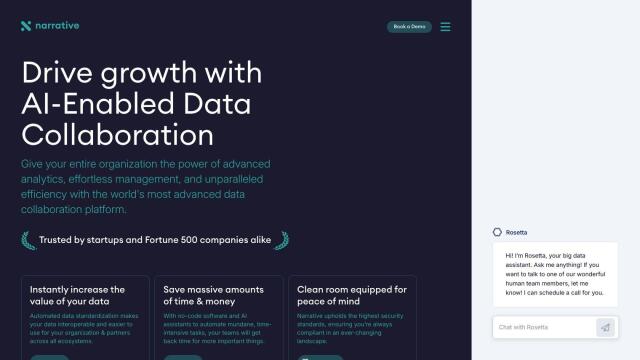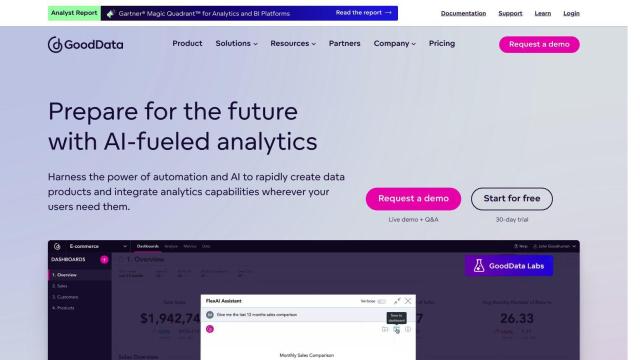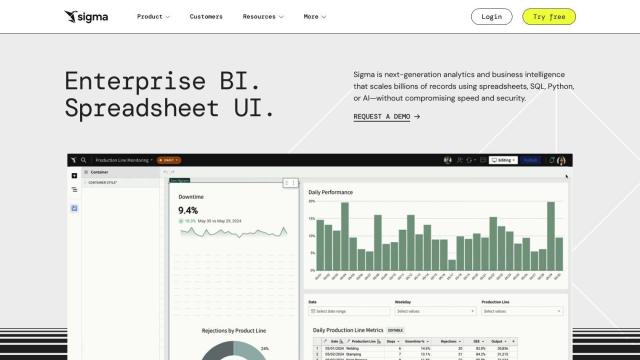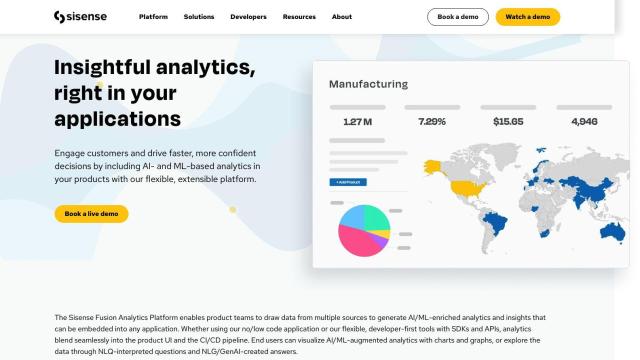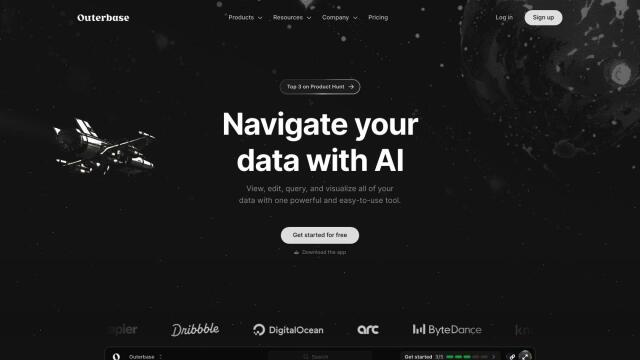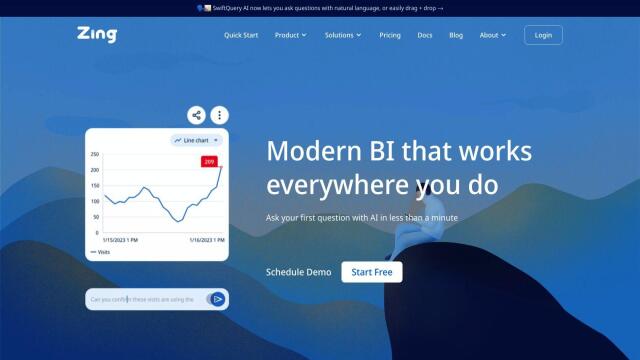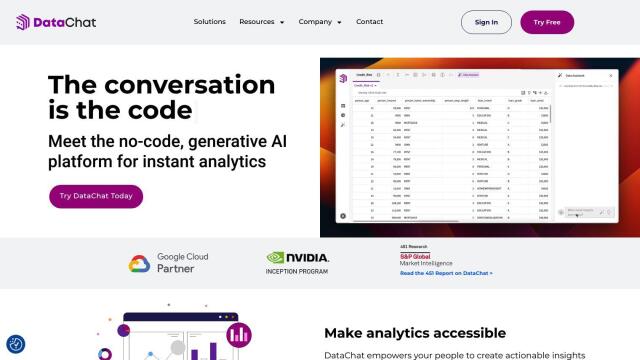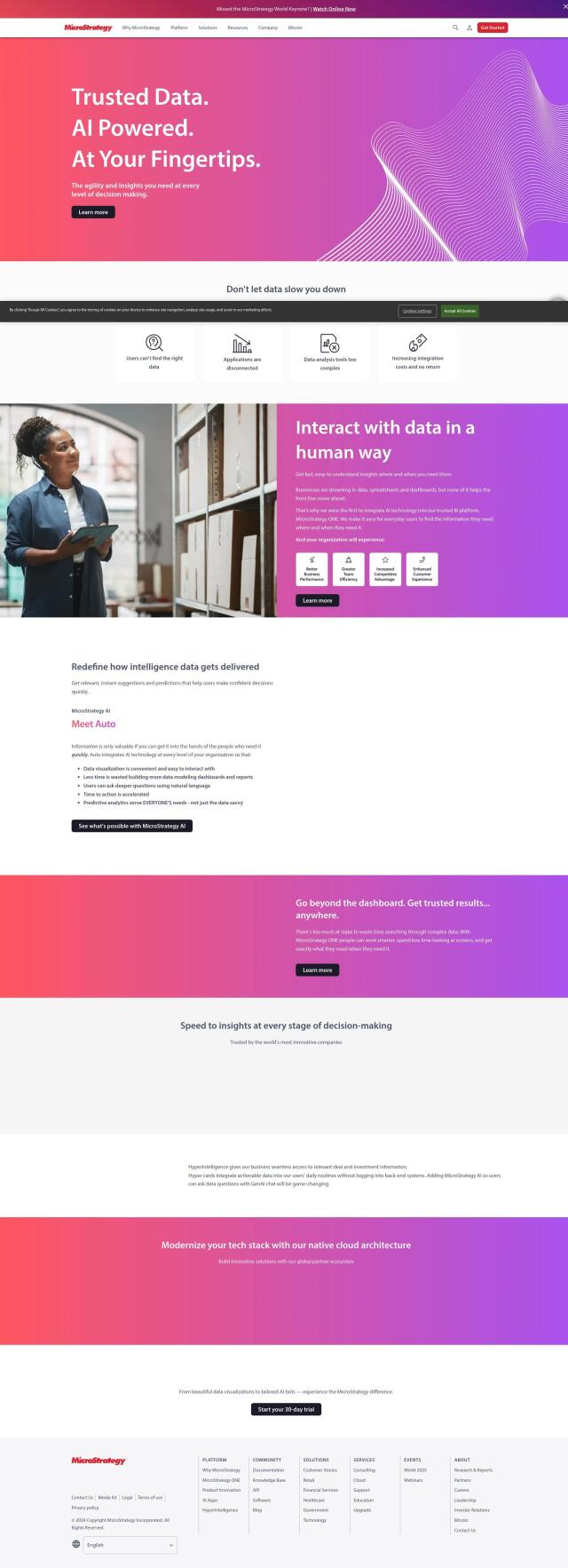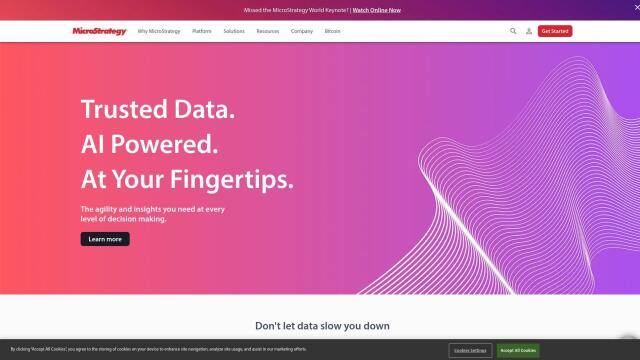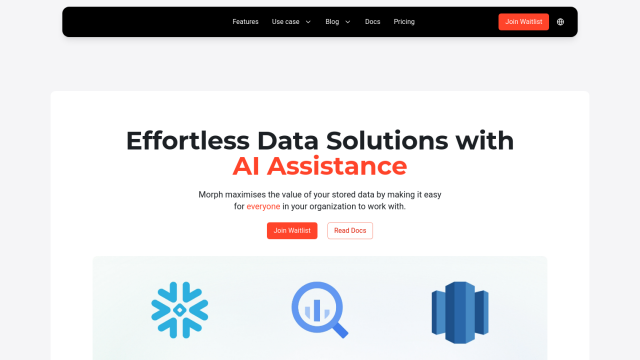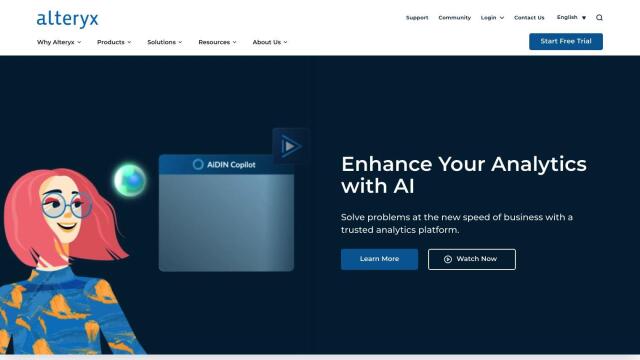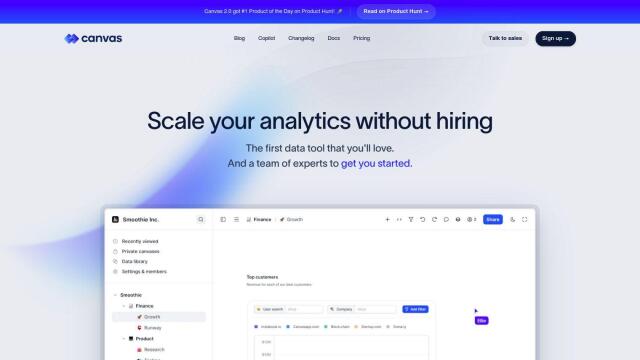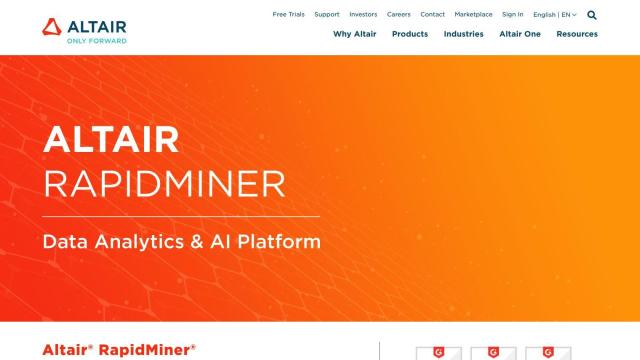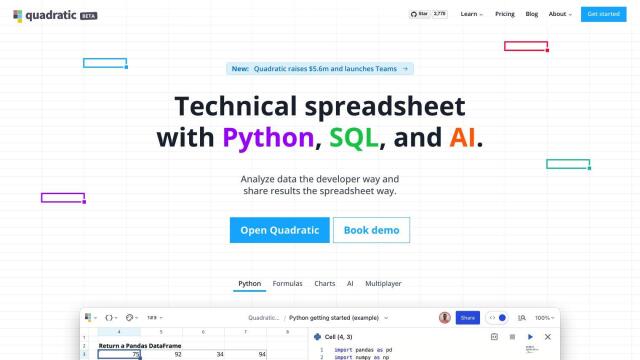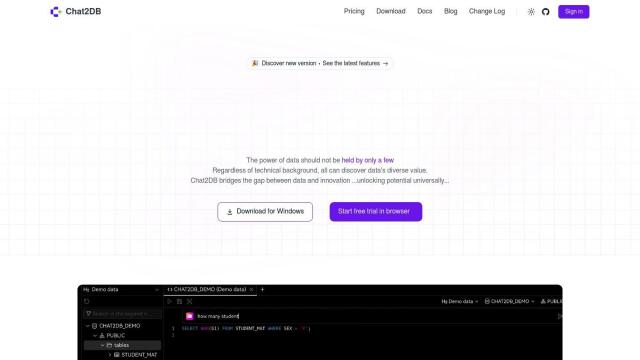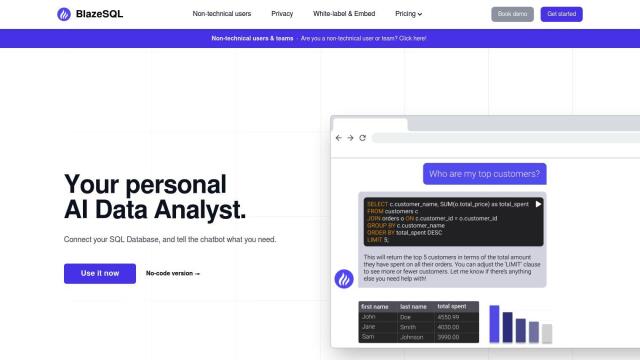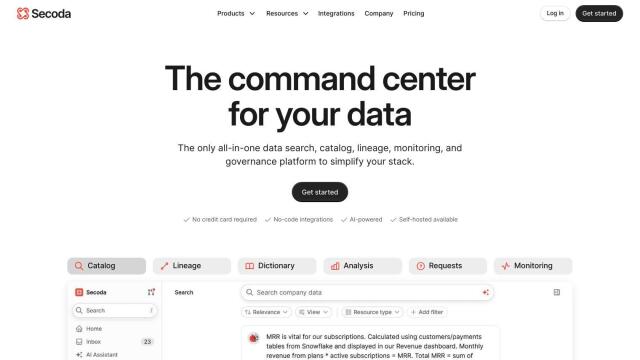Question: I need a platform that allows data teams and business teams to collaborate and analyze data in a single environment.

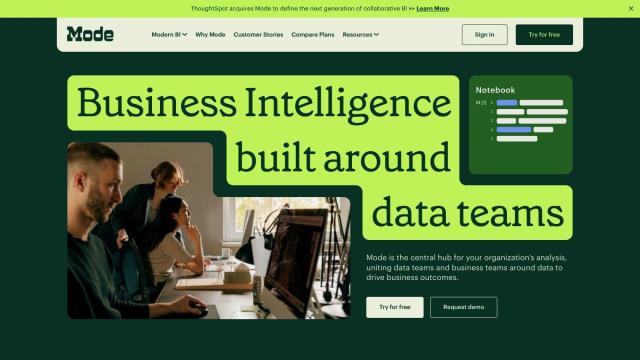
Mode
If you want a platform where data teams and business teams can work together and analyze data in the same place, Mode is a good choice. Mode blends SQL, R, Python and visual analytics so you can easily connect to data, analyze it and share results. It's good for complex ad hoc analysis and self-service reporting, and is flexible enough for business teams without a lot of technical expertise. Pricing is on a scale from free (for individuals) to Enterprise-level plans, so it's good for companies with a variety of needs.

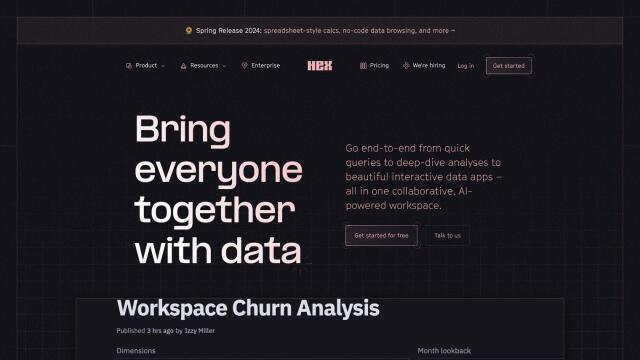
Hex
Another strong contender is Hex, an AI-augmented collaborative workspace for data analysis, exploration and visualization. It's got modular notebook-based canvases, AI-assisted query generation and visualization, and strong collaboration abilities. Hex can connect to a variety of data warehouses and databases, and has enterprise-level security controls. That makes it a good choice for serious analytics and data security.

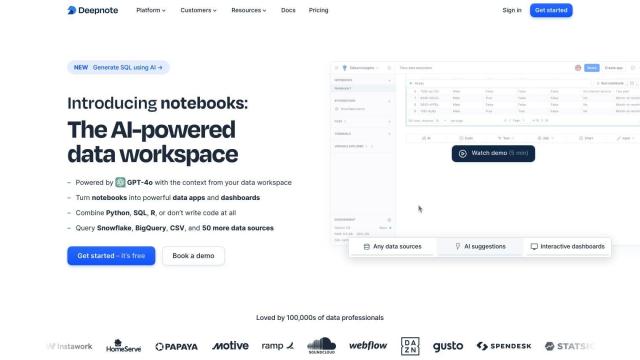
Deepnote
Deepnote offers a collaborative data workspace with Python, SQL and no-code tools to explore, analyze and share data. It can connect to data warehouses and databases like Snowflake and BigQuery, and has AI-assisted code completion and interactive visualizations. With real-time commenting, version control and role-based access control, Deepnote is good for secure and efficient collaboration.

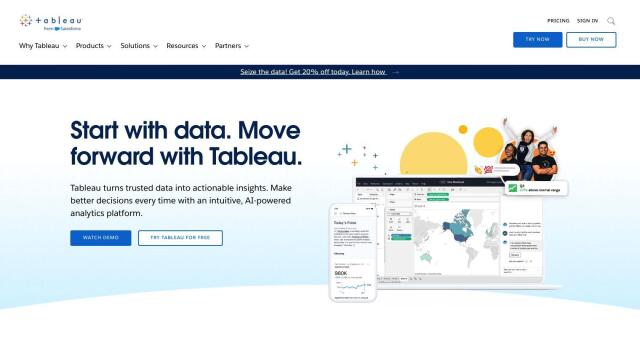
Tableau
Last, Tableau connects to a variety of databases and lets people create visualizations with drag-and-drop interfaces. It's available in cloud, on-premises and Salesforce CRM environments, and has AI/ML features, governance and data management tools. Tableau has a product line of intuitive products and a community approach, which makes it a good choice for companies that want to democratize data and push insights.

